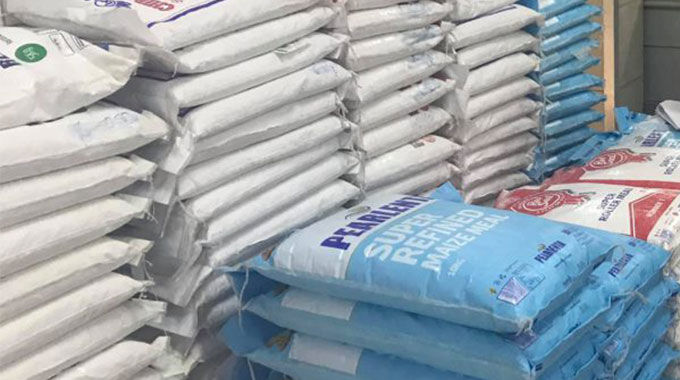Govt to phase out mealie-meal subsidy

The government will soon phase out the mealie meal subsidy once the targeted cash transfer system to vulnerable groups kicks in, a government official said.
The subsidy was introduced in 2019 to ensure citizens have access to cheaper basic foodstuffs and cushion them against the obtaining economic challenges.
Responding to questions on government’s policy regarding the roller meal subsidy in Parliament, Wednesday, the Deputy Minister of Finance and Economic Development, Clemence Chiduwa said the introduction of cash transfers will result in the phasing out of the subsidy as beneficiaries will be given cash to purchase the roller meal on their own.
“Treasury has availed resources amounting to $813 110 525 towards the implementation of the new roller meal subsidy. However, given the administrative burden associated with implementing the maize roller meal subsidy, the Government is introducing a targeted cash transfer system to vulnerable households,” said Chiduwa.
“This system will result in the phasing out of the roller meal subsidy as beneficiaries will be given cash to purchase the roller meal on their own.”
Chiduwa said once the registration of vulnerable groups is completed they will discontinue the subsidy.
“Government through the Ministry of Finance and Economic Development, Public Services, Labor and Social Welfare partnering with Netone are currently in the process of registering vulnerable groups in all urban areas in order to disburse cash transfers to vulnerable households,” he said.
Chiduwa revealed that starting this month, the government will increase the amount to be received by vulnerable groups to ZWL$300 up from ZWL$180.
“We are not saying this is enough but we are taking cognisance of our budgetary constraints, what we have in our coffers. We will continue to look at the figure to see to what extent we can continue to adjust it upwards in line with inflationary trends,” said the Deputy Minister.
He said the shortage of roller meal is partly driven by drought and malpractices by players within the value chain.






